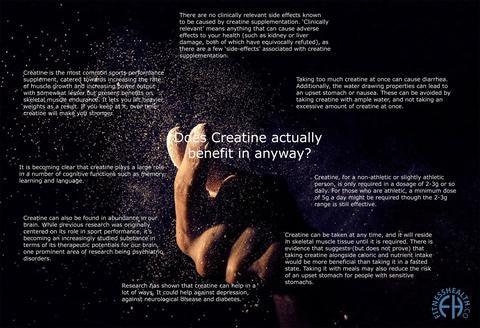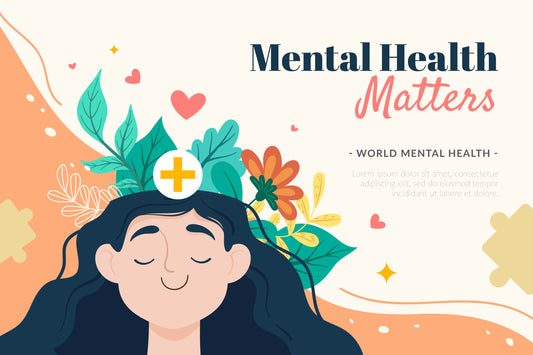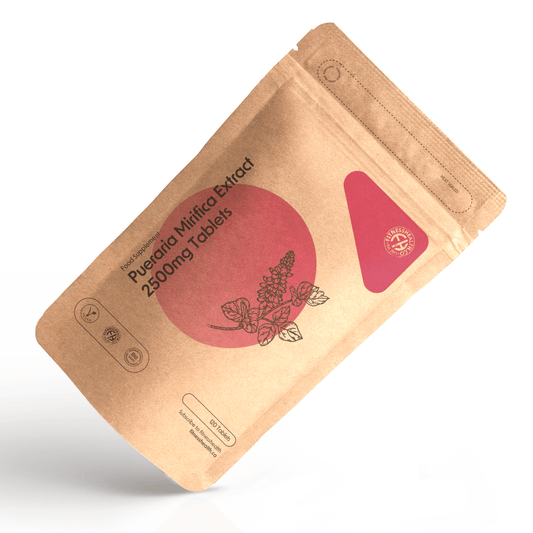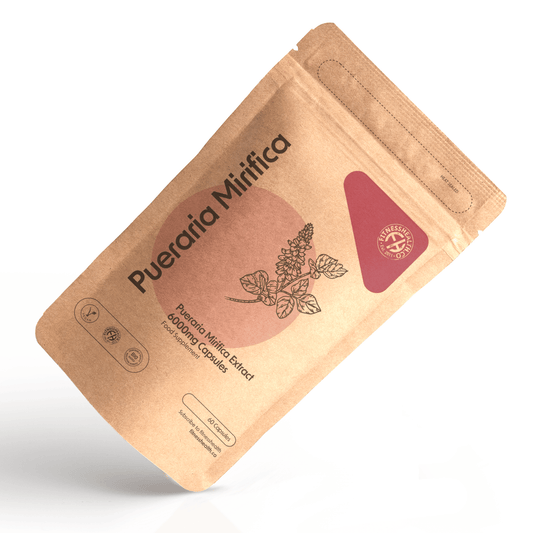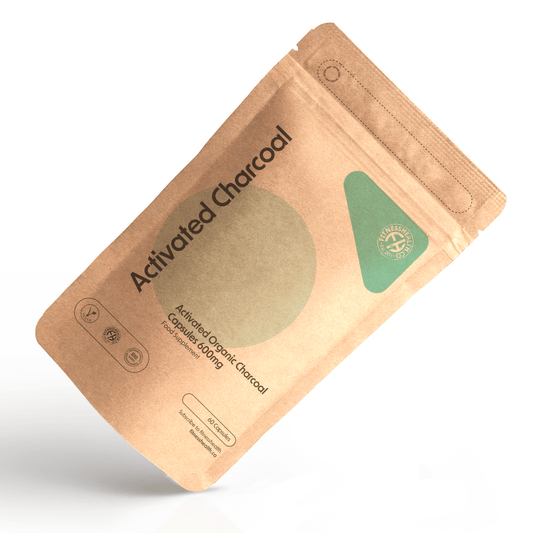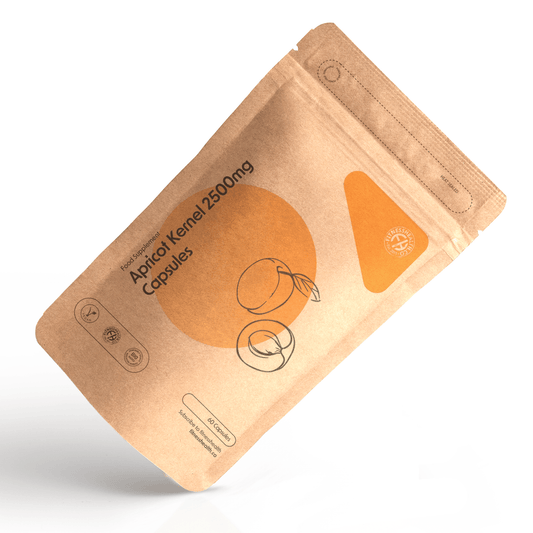
Creatine is the most common sports performance supplement, catered towards increasing the rate of muscle growth and increasing power output with somewhat lesser but present benefits on skeletal muscle endurance. It lets you lift heavier weights as a result. If you keep at it, over time creatine will make you stronger.
There are no clinically relevant side effects known to be caused by creatine supplementation. ‘Clinically relevant’ means anything that can cause adverse effects to your health (such as kidney or liver damage, both of which have equivocally refuted), as there are a few ‘side-effects’ associated with creatine supplementation.
Taking too much creatine at once can cause diarrhea. Additionally, the water drawing properties can lead to an upset stomach or nausea. These can be avoided by taking creatine with ample water, and not taking an excessive amount of creatine at once.
Creatine, for a non-athletic or slightly athletic person, is only required in a dosage of 2-3g or so daily. For those who are athletic, a minimum dose of 5g a day might be required though the 2-3g range is still effective.
Creatine can be taken at any time, and it will reside in skeletal muscle tissue until it is required. There is evidence that suggests (but does not prove) that taking creatine alongside caloric and nutrient intake would be more beneficial than taking it in a fasted state. Taking it with meals may also reduce the risk of an upset stomach for people with sensitive stomachs.
Research has shown that creatine can help in a lot of ways. It could help against depression, against neurological disease and diabetes.
Creatine can also be found in abundance in our brain. While previous research was originally centered on its role in sport performance, it’s becoming an increasingly studied substance in terms of its therapeutic potentials for our brain, one prominent area of research being psychiatric disorders.
It is becoming clear that creatine plays a large role in a number of cognitive functions such as memory, learning and language.

